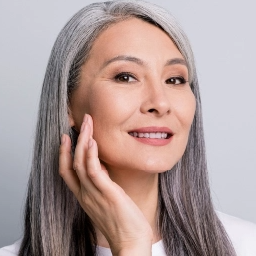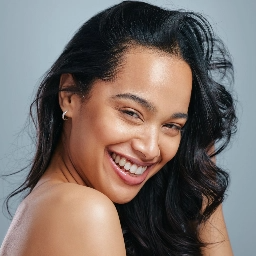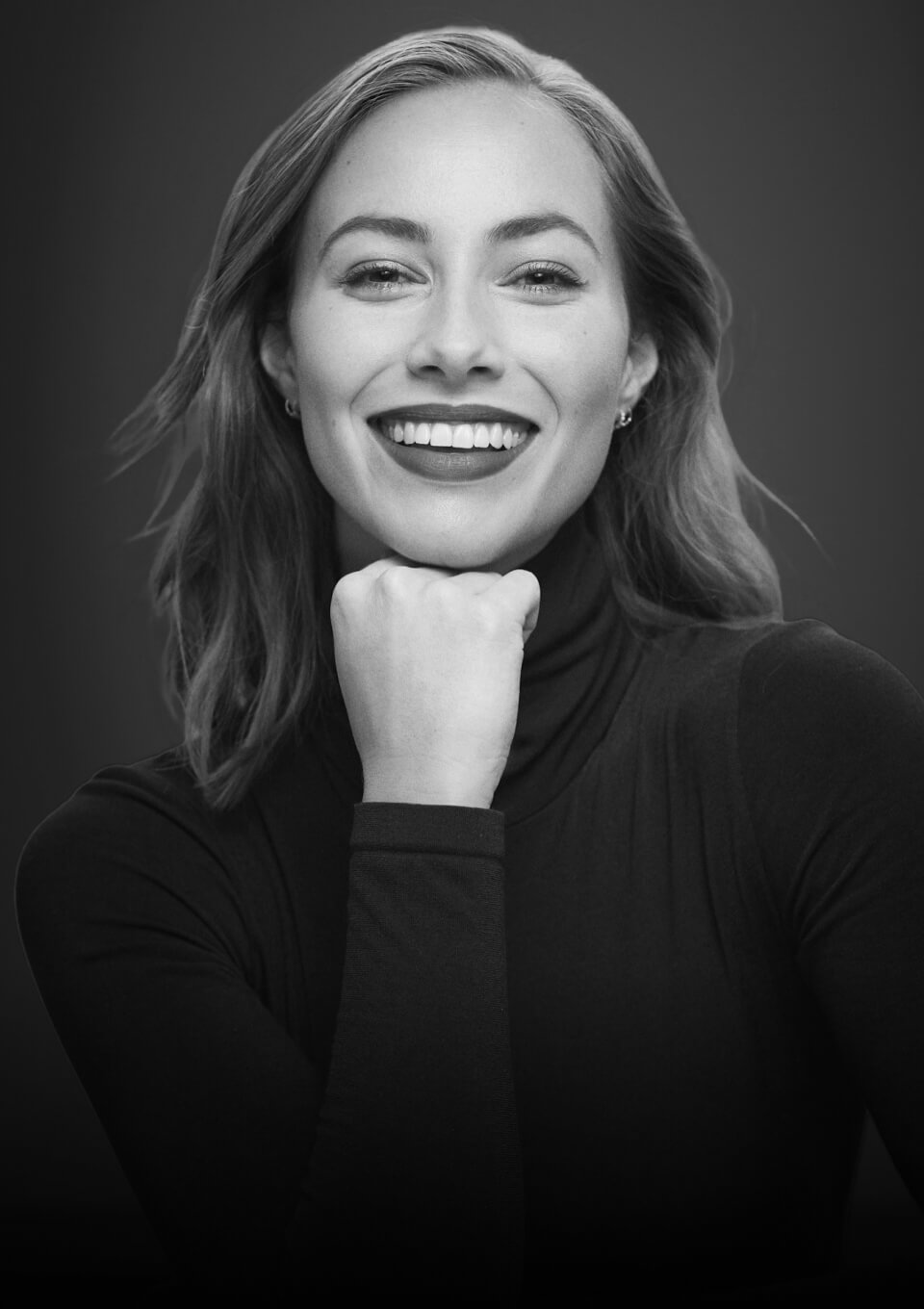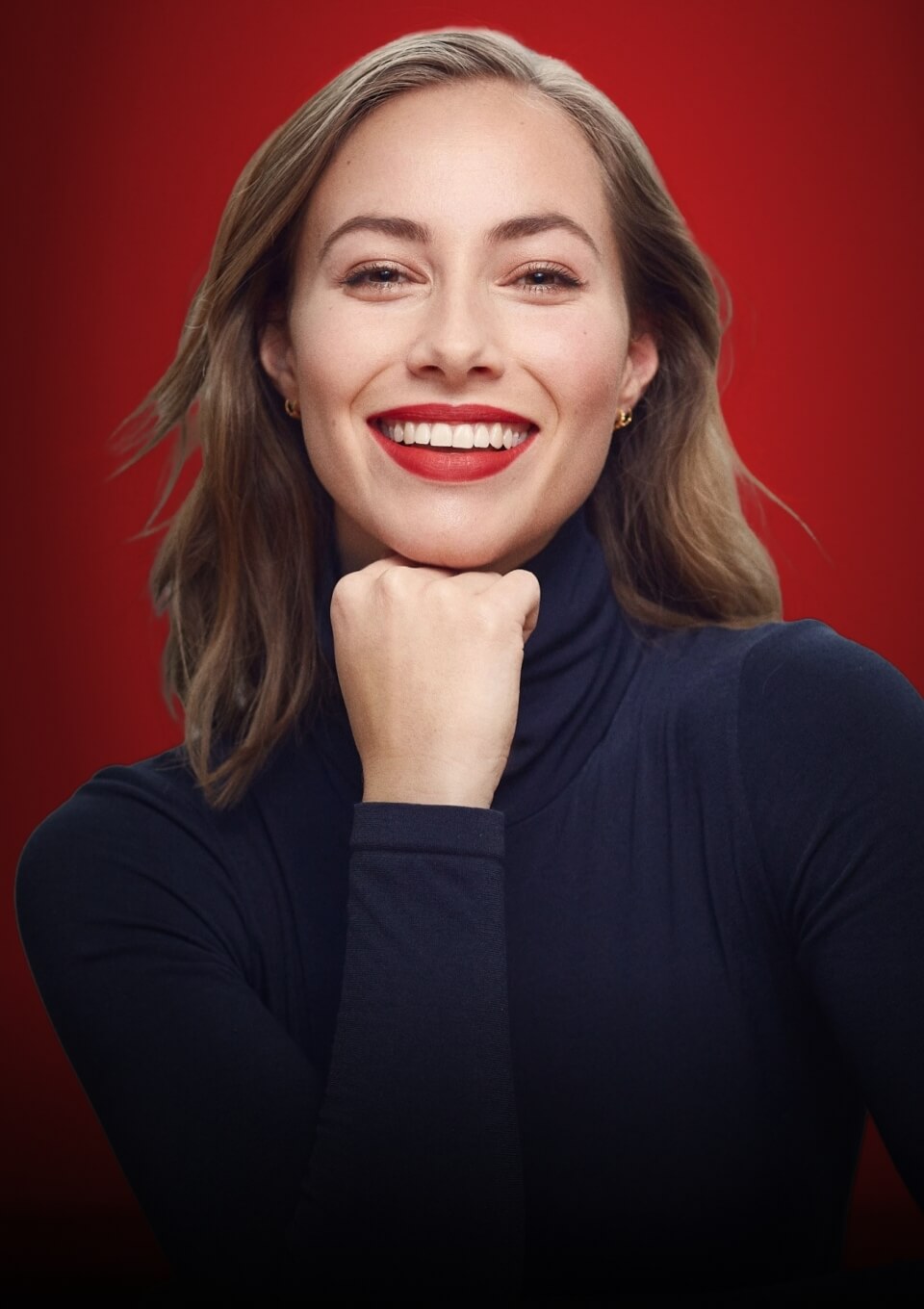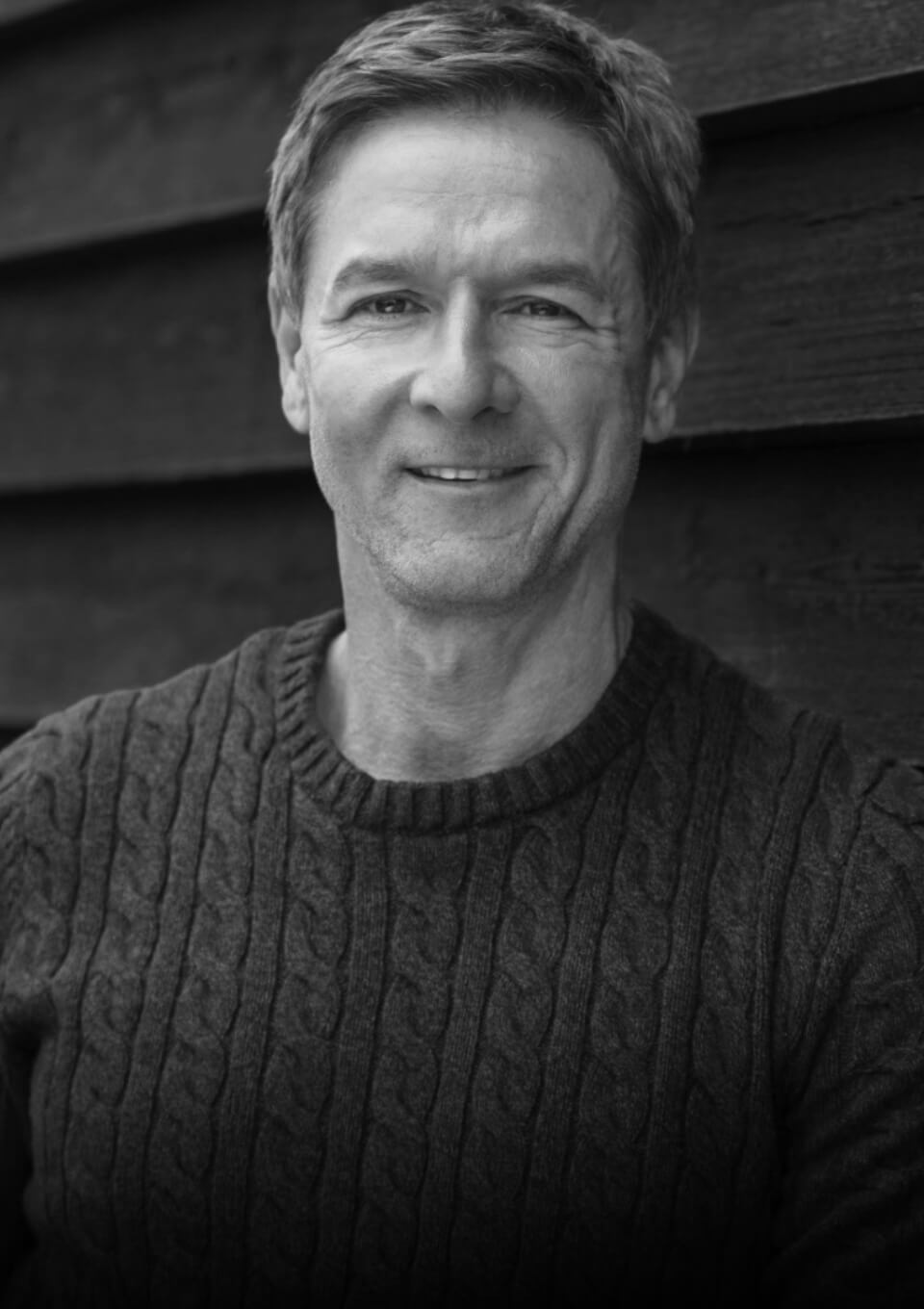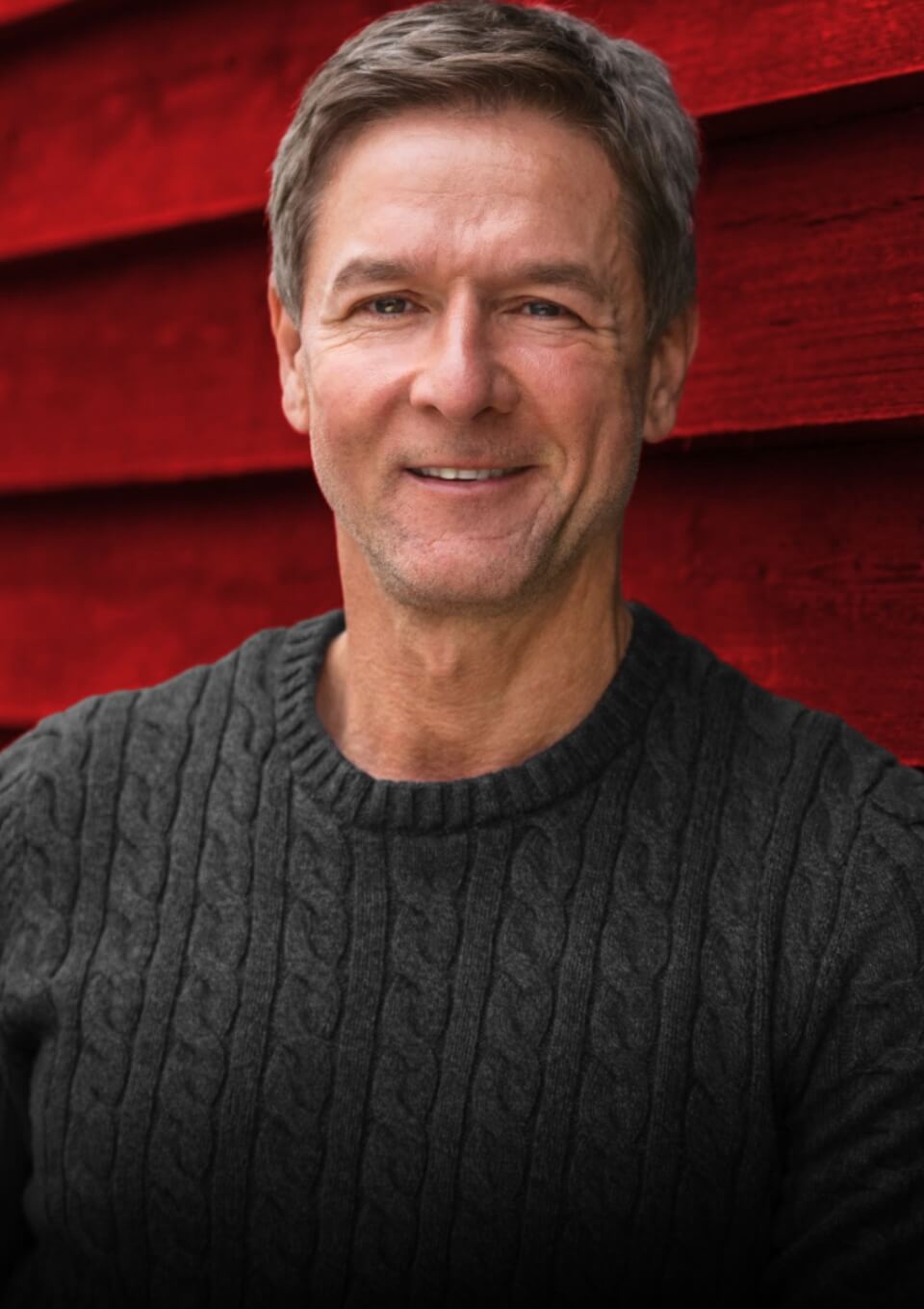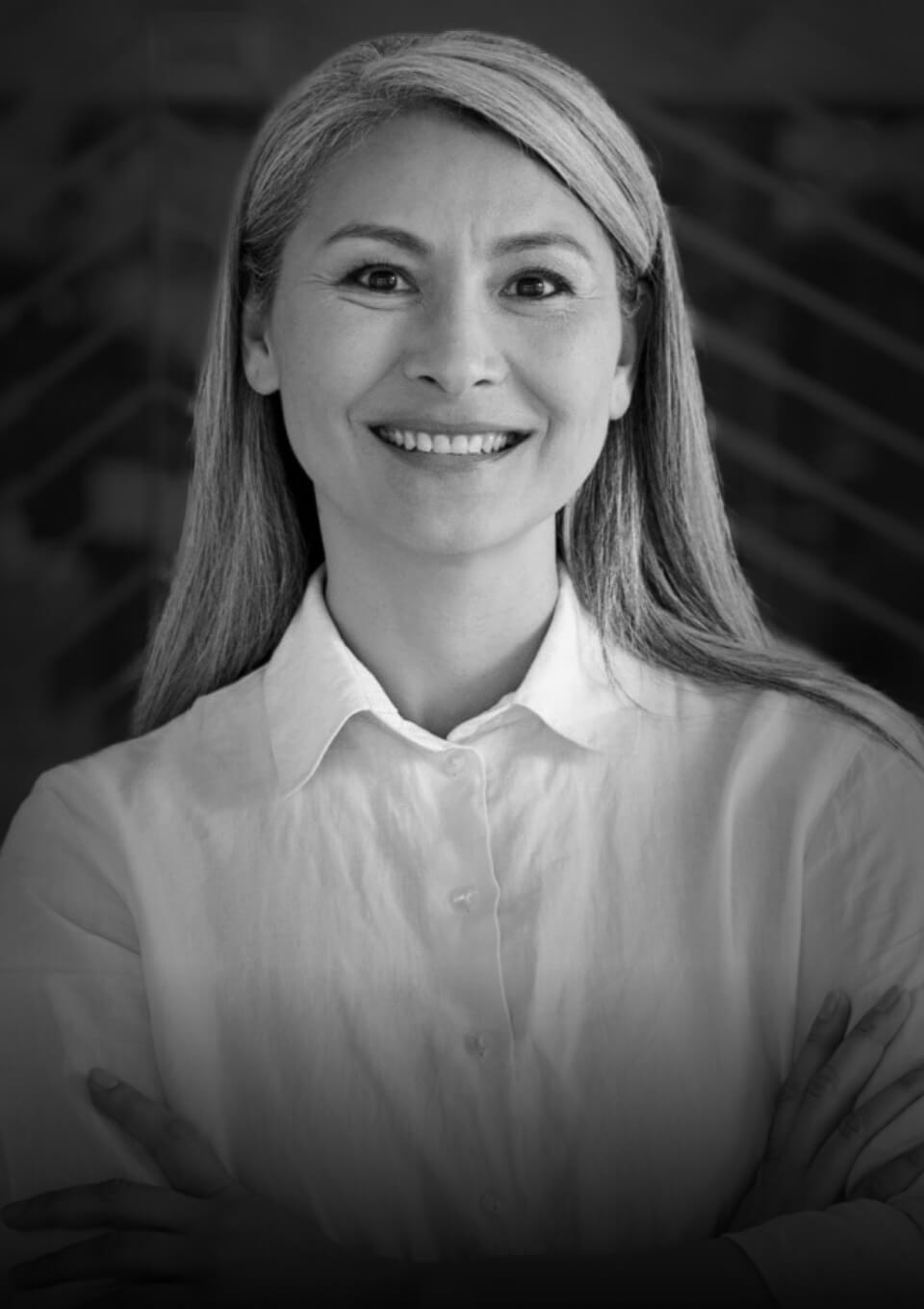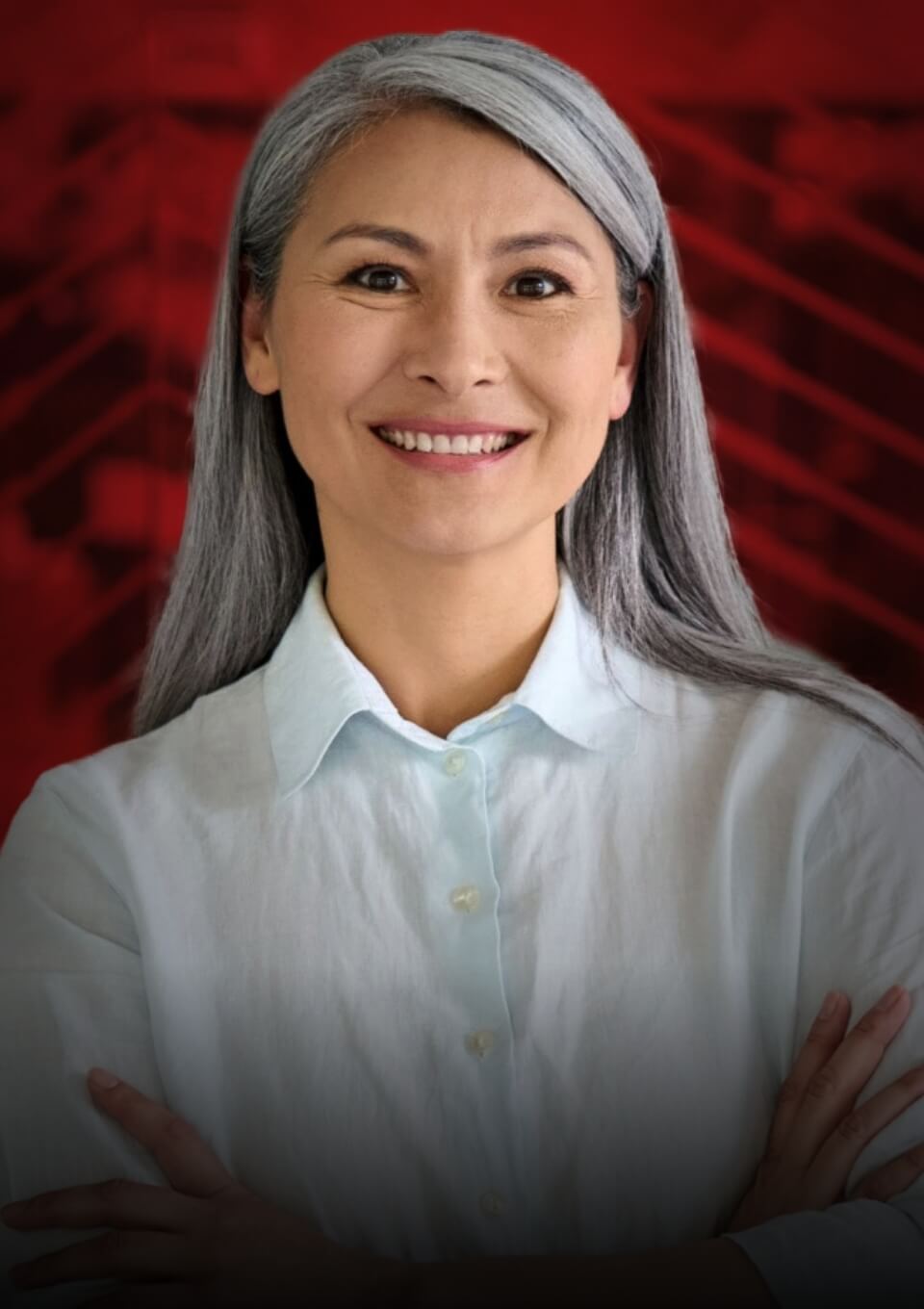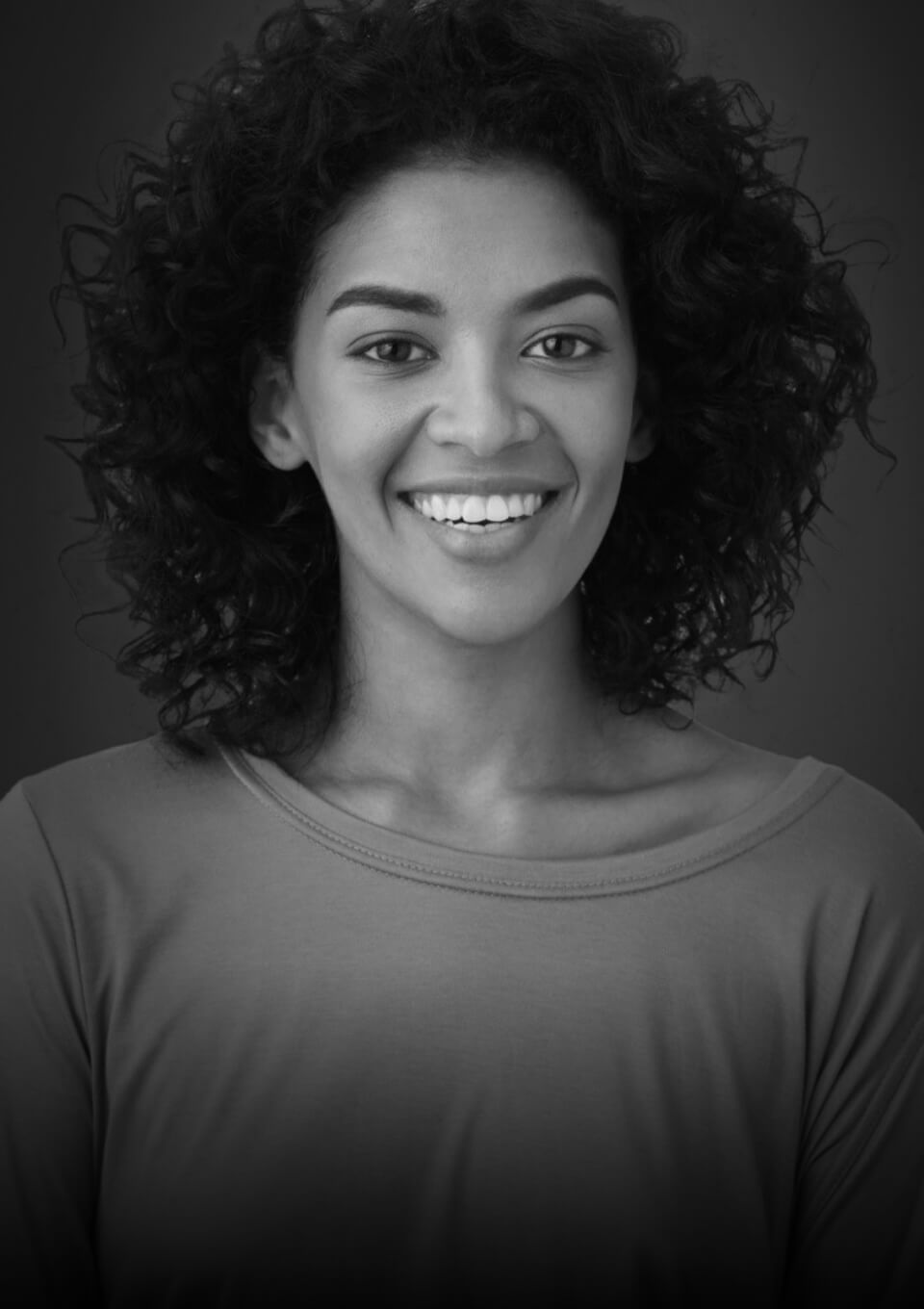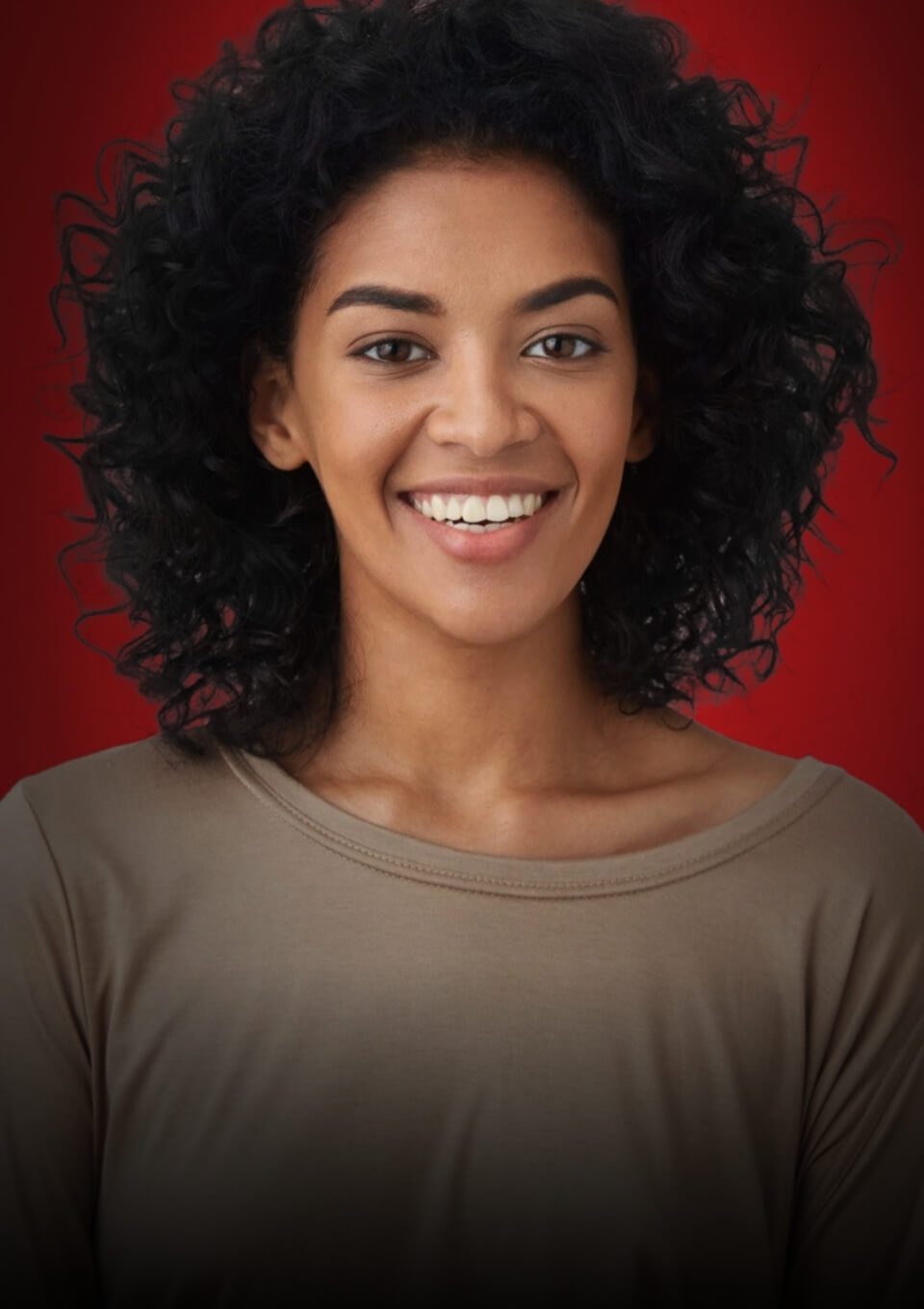Even with all of the publicity regarding the dangers of sun exposure and a wide variety of protective sunscreens on the market, skin cancer is still the most common type of cancer in the United States. Every day, nearly 10,000 women, men, and children in the US are diagnosed with some form of skin cancer.
Melanoma is the deadliest form of skin cancer, but fortunately, it’s also the rarest. More common, but potentially also deadly, is basal cell carcinoma (BCC). Cases of BCC jumped 145% between the years 1976 and 2010. In the United States alone, doctors diagnose about 3.6 million new cases of BCC per year.
At Dermatology Institute & Skin Care Center in Santa Monica, California, our founder, dermatologist Paul Yamauchi, MD, PhD, diagnoses and treats all forms of skin cancer. He’s also an expert in a specialized form of surgery called Mohs surgery that cures most skin cancers, including BCC.
If you have BCC, you may be wondering about your options. The following are a few encouraging facts about BCC that can help you make decisions about treating your skin cancer and preventing a new case.
1. BCC is slow growing
The sooner you detect skin cancer and the sooner you remove it, the more likely it is that you can cure it. One of the “good” things about BCC is that it’s a slow-growing cancer.
Once you detect an abnormality on your skin and bring it to the attention of our team, you can rest assured that you probably caught BCC in time. Of course, you must still be aware of changes on your skin and have any suspicious lesions examined.
Examine your entire body monthly, including hard-to-see areas, such as the back of your head. Also, be sure to schedule an annual skin-cancer screening with us.
2. Specialized surgeons can remove BCC
Dr. Yamauchi has been trained to perform a very specialized and extremely precise type of skin surgery called Mohs surgery. Mohs surgery is a simple procedure that he performs in the comfort and safety of our office. However, Mohs surgery takes hours, so be sure to come prepared with reading material.
During Mohs, Dr. Yamauchi carefully removes a layer of the BCC lesion with a sterile scalpel. He then processes it with a special dye and examines it under the microscope, looking for signs of cancerous changes in the cells. He continues removing the lesion and the margin of healthy skin around it layer after layer until he reaches a layer where no more cancer cells are found.
Because he must remove, process, dye, and examine each layer, Mohs surgery may take several hours. After he’s certain he’s removed all the cancer cells, he either closes the wound with stitches or simply bandages it. You’re then free to go home.
3. You probably won’t need chemotherapy
Mohs surgery completely removes and cures skin cancer in about 99% of cases. As long as the BCC lesion is completely removed and the cancer hasn’t spread, you won’t need to undergo chemotherapy or radiation.
Rarely, however, you may need oral medications in addition to Mohs Surgery. That is only recommended in unusual cases, such as:
- Very large or advanced BCC
- BCC that’s penetrated deeply into the skin
- BCC that’s metastasized to other areas
- BCC that recurs after treatment
Vismodegib and sonidegib are FDA-approved for severe and resistant cases of BCC. Immunotherapy is now also available for advanced BCC.
4. You can prevent BCC
Some types of skin cancer are genetic and appear in areas that may be hard to see, such as behind your ears or between your toes. But BCC is almost always caused by excess UVA and UVB ray exposure. That means you can prevent your first (or your next) BCC by adopting sun-healthy habits, such as:
- Avoiding the sun’s peak rays (between 10 am and 4 pm)
- Wearing sunscreen when outdoors, in the car, or near a sunny window
- Only using broad-spectrum sunscreen with an SPF of 30+
- Reapplying sunscreen as advised
- Never using a tanning bed
- Wearing sun protective clothing, including long sleeves and pants or long skirt
- Wearing a wide-brimmed hat when outdoors
- Wearing sunglasses
- Staying under the shade of trees or umbrellas when outdoors
If you have a suspicious skin lesion, don’t ignore it. Come in for a skin-cancer screening. Or, if you have BCC or another type of skin cancer, book a Mohs surgery appointment by phoning our friendly staff or sending us a message online.

